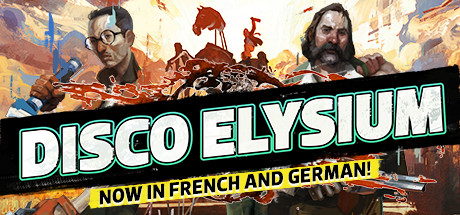Hyper Casual Games vs. MMORPGs: Which One Offers Deeper Engagement for Gamers?
For many players in Lithuania and across Europe, gaming isn’t just a pastime – it’s part of culture. Yet when comparing genres, questions like "hyper casual games vs mmorpgs which one offers deeper engagement" arise more frequently than ever. Do bite-sized adventures steal your time, or do massive online realms really hook you deeper over months? Let's look closer.
Defining the Differences
To start, we need to clearly understand both camps here. Hyper casual games tend toward easy pick-up-and-play mechanics. They're built around short bursts of fun – think tapping to jump obstacles or matching simple icons for points. On the other side lie mario rpg game-style quests and expansive fantasy MMORPG experiences, complete with deep character progressions, persistent player economies, crafting, PvP battlegrounds, faction wars... you get the idea. So which style truly connects?
| Type | Familiar Titles in Lithuania | Avg Session Length |
|---|---|---|
| Hyper-Casual | Bike Race Live, Color Bump 3D, Matchington Mansion (kinda leans casual-heavy) | >5 minutes |
| MMORPG | RuneScape (oldschool still big), The Division 2 (loco based but has RPG elements in spades) | >>60 mins+ |
- One emphasizes speed and dopamine hits; others build emotional investment through narrative progression
- You can play 2 hypercasual levels during your metro ride; meanwhile your warrior may still be raiding dungeons three nights a week after launch
Player Psychology Behind Addiction Mechanics
The real secret sauce lies not in what happens during gameplay – but in the space afterward. For hyper games this often relies on:
- Daily login rewards pushing return behavior
- Sudden leaderboard shifts keeping FOMO (fear of missing out) alive
- Possible social features – like inviting facebook friends to beat high scores (old school but true)
Conversely, **mmorpg titles keep gamers coming back through different means**, such as unfinished group raids depending on team cooperation, unexplored story paths waiting in downloadable content packs, and gear upgrade cycles that span weeks/months.

Which Genres Are Better for Long-Term Mental Retention?
Cognitive scientists actually have interesting takes on whether short-form distraction equals meaningful play at all.
- In controlled studies, puzzle-centric mobile experiences rarely created lasting memories beyond immediate satisfaction
- Gamers playing immersive mmog experiences could recall character arcs months later without returning regularly (like favorite NPCs or pivotal quest endings).
Emergence of Blended Models (and Hybrid Story Modes!)
Well take something modern yet approachable like Disco Elysium - the final cut version. Even if technically single-player, its reputation system influences dialogue trees and branching moral decisions similarly to MMO guild choices impacting regional politics dynamics seen decades ago.

The Bottom Line: Choosing Your Flavor Of Escape
In the end whether someone finds themselves immersed in fast micro-game victories, versus spending months climbing leaderboards among digital comrades comes down personal taste. But if looking solely at factors that make virtual worlds memorable and mentally engaging over time? Evidence supports **traditional MMORPG design philosophy having longer lasting impact**, though innovation continues blurring genre lines further everyday.✅ Prefer quick bites and rapid wins after school/day job? Hyper casual fits better here. 🚀 But seeking emotional connection, evolving narratives, shared triumph struggles? Dive into an mmo server today – even old titles offer retro charm that captivates again. Just check how long Lietuvos Zaibo tournament communities kept playing Age of Empires well post its official shelf date! Regardless your choice, always remember - the best games leave footprints in minds long after screens shut off. So until next click or quest marker: see you on virtual fields! 💙🎮



